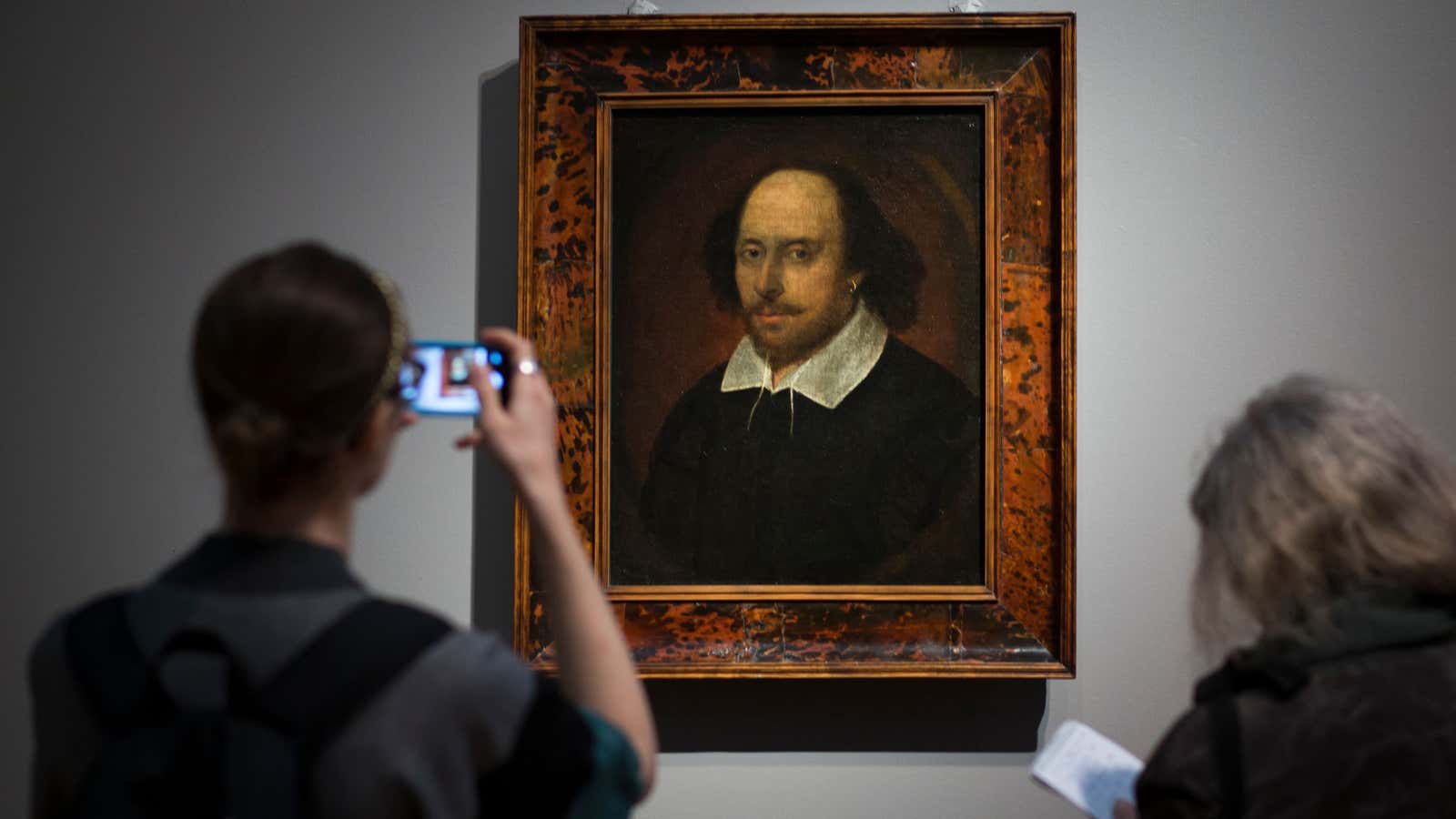Ariana Grande’s performance at Aretha Franklin’s funeral yesterday (Sept. 1) was overshadowed by video of Pastor Charles H. Ellis III appearing to grope the singer, after making a joke about her name sounding like an item on Taco Bell’s menu.
Grande hasn’t commented publicly on the incident, but the public backlash prompted Ellis to apologize for his actions—kind of.
“It would never be my intention to touch any woman’s breast,” Ellis told the Associated Press. “Maybe I crossed the border, maybe I was too friendly or familiar but again, I apologize.”
The word “maybe” does a lot of work in that sentence, especially given the act was broadcast on international television. Here’s a video of the offense:
Public apologies owning up to misdoings are often either non-apologies (“I’m sorry if you were offended”) or an attempt to garner sympathy. But these miss the point of an apology, which is to legitimize those you hurt, admit you were wrong, and convey that you’ve learned from the experience. A good apology, especially one from a public figure, doesn’t just admit fault but reinforces why the act was unacceptable. Whether we like or not, celebrities and moral leaders (like pastors) have an enormous power to set the standards of acceptable behavior.
Ellis could learn from Shakespeare on this front: The Bard has been credited with turning the word “apology” from its historical roots, meaning a defense against an allegation, to a statement that shows remorse and seeks penance.
It’s ironic that the catalyst for this change comes in Richard III, a play about a king’s rise to power with disregard for any law or moral fortitude. The word’s appearance in the third act is one of the first recorded instances when ‘apology’ is used to imply regret rather than a defense or justification.
The shift in the usage signaled a massive change in how public figures cop to an offense: by simply owning up to it.
